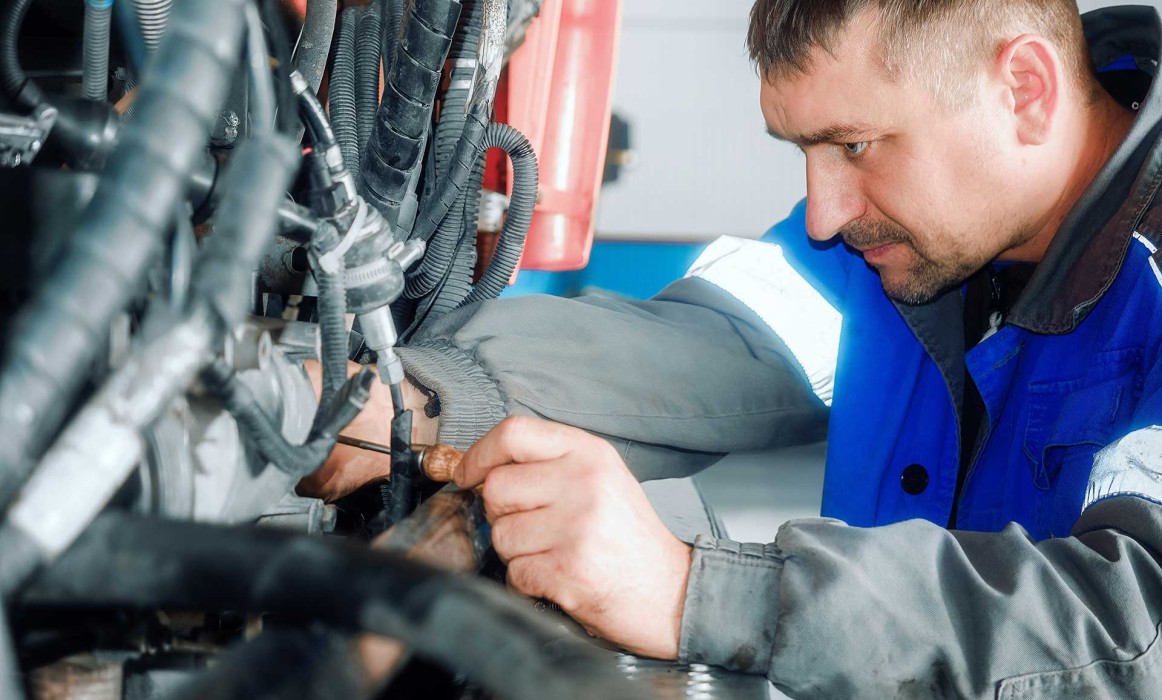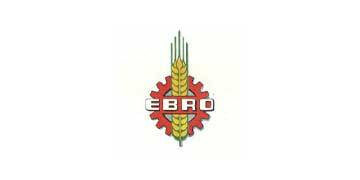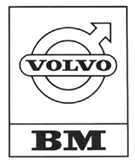The brake system is one of the most crucial components ensuring a vehicle's safety. In tractors, the brake system is critically important for the safety of both the operator and those around them. However, over time or due to improper use, brake system failures can occur. Recognizing these failures and responding appropriately helps prevent accidents.
Brake System Failures and Symptoms
Common brake system failures and their symptoms include:
- Hard or Soft Brake Pedal: If the brake pedal feels harder or softer than usual, there might be an issue with the brake fluid level. This could be due to a brake fluid leak or air bubbles in the system.
- Noise from Brake Pads: If you hear noises when pressing the brake pedal, it may indicate that the brake pads are worn or damaged. Worn pads cannot provide sufficient friction on the wheels, preventing the brake system from functioning properly.
- Spongy Brake Pedal: A spongy brake pedal can indicate a problem with the brake fluid or brake system adjustments. This can be related to a brake fluid leak or poorly adjusted brake pads.
- Brake Lights Not Working: If the brake lights do not come on when the brake pedal is pressed, it could signal an electrical issue. In this case, the brake light bulbs or electrical connections should be checked.
- Weak Brake Feel: If the brake pedal feels weak when pressed, there might be a problem with the brake fluid level. There could also be a leak in the brake system pipes or hoses.
- Wheels Continuing to Turn: If the wheels continue to turn when the brake pedal is pressed, it suggests that the brake pads are inadequate or faulty. This can cause the tractor to lose braking power.
Causes of Brake Failures
Brake system failures can be caused by several factors, including:
- Worn Brake Pads or Discs: Worn brake pads or discs can reduce the effectiveness of the brake system.
- Brake Fluid Leaks: Leaks in the brake fluid system can cause the brake pedal to become hard or spongy.
- Brake System Adjustments: Incorrect brake system adjustments can cause the brake pedal to feel abnormal.
- Electrical Issues: Electrical problems, such as brake lights not working, can affect the brake system’s effectiveness.
Dealing with Brake System Failures
When encountering brake system failures, the following actions should be taken:
- Seek Professional Help: Brake system failures pose significant safety risks. Therefore, it is important to get help from a professional technician.
- Perform Regular Maintenance: Regular maintenance helps prevent brake system failures. Brake pads, brake fluid levels, and brake system adjustments should be checked regularly.
- Drive the Tractor Carefully and Correctly: When facing brake failures, it is important for the operator to drive the tractor carefully. Avoid sudden braking and use the tractor at a slow speed to ensure a safe stop.
Preventive Measures
Some preventive measures can be taken to prevent brake failures and detect them early:
- Regular Maintenance: Regular maintenance of the tractor brake system is essential. Brake pads, brake fluid levels, brake hoses, and connections should be checked periodically.
- Proper Use: Using the tractor correctly can prevent excessive wear and tear on the brake system. Avoid sudden braking, do not drive the tractor at high speeds, and be careful on sloped terrains.
- Training: It is important for tractor operators to receive adequate training on the brake system and other safety measures. Knowing the correct usage techniques helps prevent accidents by recognizing potential hazards in advance.
- Regular Inspections: Tractor operators should regularly inspect the brake system for signs of failure. The feel of the brake pedal, functioning of the brake lights, the braking action of the wheels, and other indicators should be checked regularly.
- Quality Spare Parts: It is important to use high-quality and original brake system parts. Low-quality or unsuitable parts can affect the performance of the brake system and lead to serious failures.
 en
en  tr
tr 






























